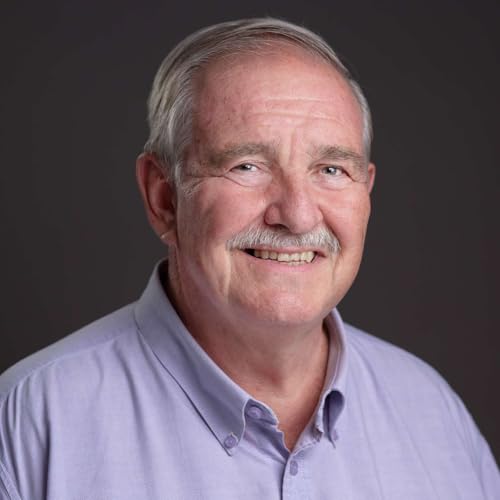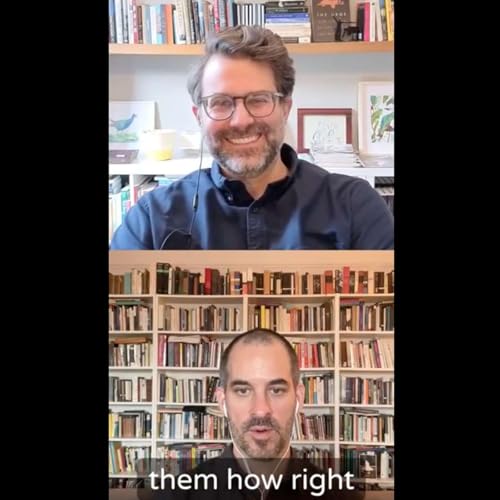
Flourishing After Addiction with Carl Erik Fisher
No se pudo agregar al carrito
Add to Cart failed.
Error al Agregar a Lista de Deseos.
Error al eliminar de la lista de deseos.
Error al añadir a tu biblioteca
Error al seguir el podcast
Error al dejar de seguir el podcast
-
Narrado por:
-
De:
-
Carl Erik Fisher
Addiction psychiatrist and bioethicist Carl Erik Fisher explores addiction and recovery from science to spirituality, from philosophy to politics, and everything in between. He interviews leading experts in areas such as psychology, neurobiology, history, sociology, and more--as well as policy makers, advocates, and people with lived experience.
A core commitment of the show is we need more than medicine to truly understand addiction and recovery. The challenges and mysteries of this field run up against some of the central challenges of human life, like: what makes a life worth living, what are the limits of self control, and how can people and societies change for the better? These are enormous questions, and they need to be approached with humility, but there are also promising ways forward offered by refreshingly unexpected sources.
There are many paths to recovery, and there is tremendous hope for changing the narrative, injecting more nuance into these discussions, and making flourishing in recovery possible for all.
Please check out https://www.carlerikfisher.com to join the newsletter and stay in touch.
© 2025 Flourishing After Addiction with Carl Erik Fisher-
 50 m
50 mNo se pudo agregar al carrito
Solo puedes tener X títulos en el carrito para realizar el pago.Add to Cart failed.
Por favor prueba de nuevo más tardeError al Agregar a Lista de Deseos.
Por favor prueba de nuevo más tardeError al eliminar de la lista de deseos.
Por favor prueba de nuevo más tardeError al añadir a tu biblioteca
Por favor intenta de nuevoError al seguir el podcast
Intenta nuevamenteError al dejar de seguir el podcast
Intenta nuevamente -
 1 h y 29 m
1 h y 29 mNo se pudo agregar al carrito
Solo puedes tener X títulos en el carrito para realizar el pago.Add to Cart failed.
Por favor prueba de nuevo más tardeError al Agregar a Lista de Deseos.
Por favor prueba de nuevo más tardeError al eliminar de la lista de deseos.
Por favor prueba de nuevo más tardeError al añadir a tu biblioteca
Por favor intenta de nuevoError al seguir el podcast
Intenta nuevamenteError al dejar de seguir el podcast
Intenta nuevamente -
 50 m
50 mNo se pudo agregar al carrito
Solo puedes tener X títulos en el carrito para realizar el pago.Add to Cart failed.
Por favor prueba de nuevo más tardeError al Agregar a Lista de Deseos.
Por favor prueba de nuevo más tardeError al eliminar de la lista de deseos.
Por favor prueba de nuevo más tardeError al añadir a tu biblioteca
Por favor intenta de nuevoError al seguir el podcast
Intenta nuevamenteError al dejar de seguir el podcast
Intenta nuevamente


